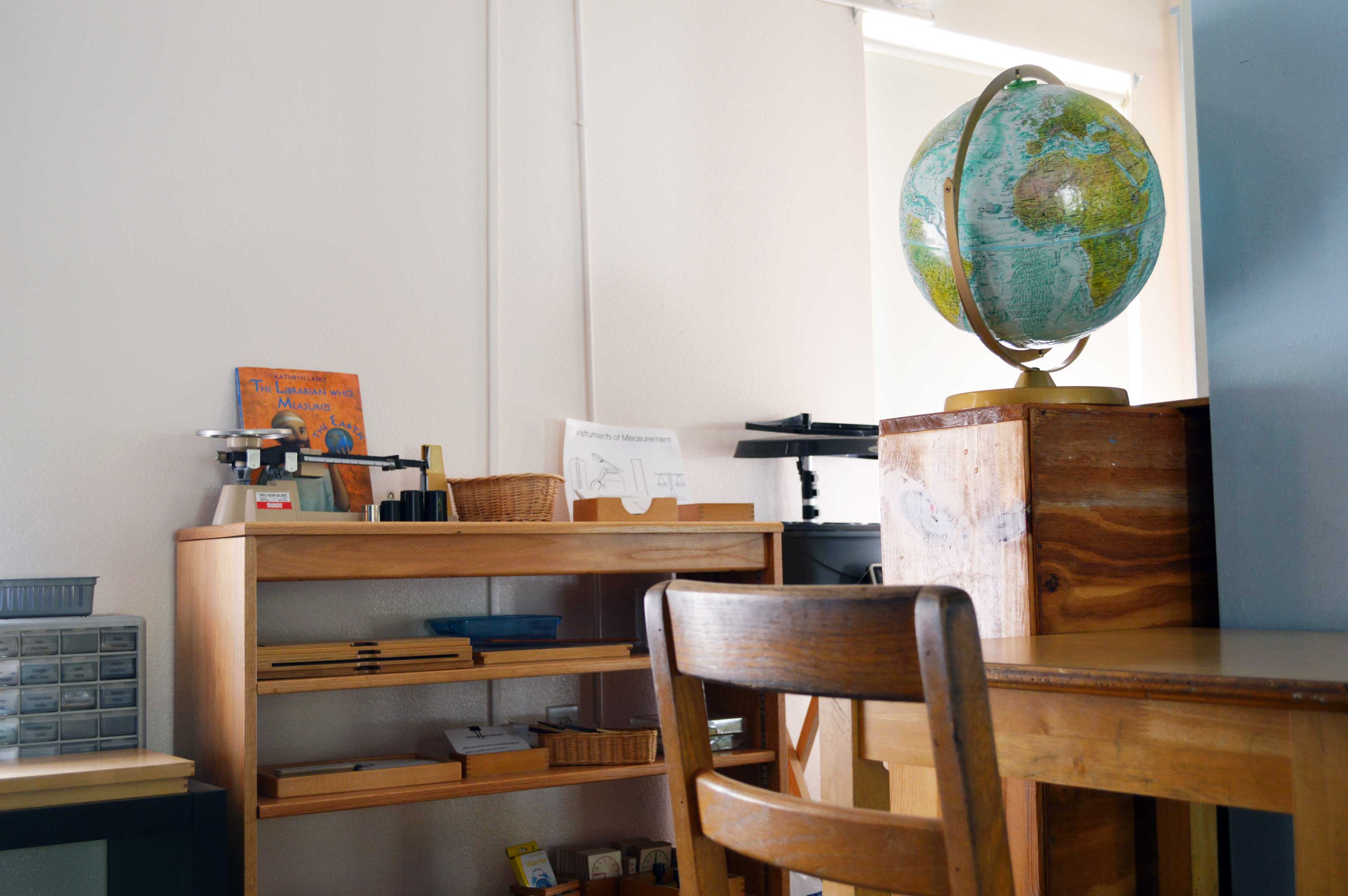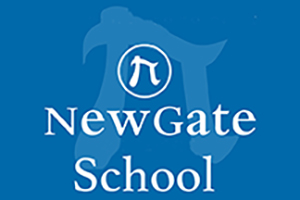NewGate Montessori Science Curriculum
“…the child is all motion. He moves hither and thither to raise us far above the earth.”
—MARIA MONTESSORI


Science from ages 3 to 12
Dr. Montessori passed a deep love for the world of nature on to thousands of students through a program of outdoor education, gardening, and camping experiences. We see this as the foundation of a lifelong interest in the sciences.
We want our students to be fascinated by the universe and to honestly enjoy the process of discovering its secrets and interrelationships. We want them to observe, analyze, measure, classify, experiment, and predict – and to do so with a sense of eager curiosity and wonder.
Science is an integral element of our curriculum. Among other things, it represents a way of life: a clear thinking approach to gathering information and problem solving.
Our program is designed to cultivate our students’ curiosity and determination to discover the truth for themselves. We teach them how scientists go about their work. They learn how to observe patiently, analyze, and work at each problem. They eagerly engage in field trips and experiments, and respond with delight to the precision of measurement, gathering data, classification, and prediction.
With encouragement and a solid foundation, even very young children are ready and anxious to investigate their world, to wonder at the interdependence of living things, to explore the ways in which the physical universe works, and to project how it all may have come to be.
The scope of our science curriculum includes an introduction to botany, zoology, chemistry, physics, geology, and astronomy.
Our Upper School science curriculum encompasses the traditional life and physical sciences, with more advanced courses in biology, chemistry, physics, earth science, anatomy and physiology, and marine biology. Science lessons incorporate a hands-on approach. For example, students will study the ecology of our outdoor environment and collect water samples to be tested for pollutants. We studying astronomy, a class might build a scale model of the solar system that stretches out over two-miles. They will chart the cycles of sun spots and solar rotation by projecting the sun’s image. On clear winter nights, they may stay up late observing through a telescope.
Our finest classes are taught out of doors in forests and fields.
Scope and Sequence Ages 3 through 12
- Differentiation between living and non-living things. (Ages 3-4).
- Differentiation between animals and plants; basic characteristics (Ages 3-5).
- Observation of animals in nature.
- First puzzles representing the biological parts of flowers, root systems, and trees, along with the anatomical features of common animals. These are first used by very young children and puzzles, then as a means to learn the vocabulary, then are related to photos and/or the “real thing,” then traced onto paper, and finally with labels as a reading experience.
- Nomenclature Cards.
- Botany: identifying, naming, and labeling the parts of plants, trees, leaves, roots, and flowers.
- Zoology: identifying, naming, and labeling the external parts of human beings, insects, fish, birds, and other animals.
- Introduction of the families of the animal kingdom, and identification and classification of animals into the broad families. Introduction to the basic characteristics, life-styles, habitats, and means of caring for young of each family in the animal kingdom (Ages 5-7)
- Introduction to ecology: habitat, food chain, adaptation to environment and climate, predator-prey relationships, camouflage, and other body adaptations of common animals.
- Advanced elementary biology study: the names and functions of different forms of leaves, flowers, seeds, trees, plants, and animals. This usually begins with considerably more field work collecting specimens or observing. Study of evolution and the development of life on the Earth over the eons. (Ages 6 and up)
- Study of vertebrates: Limbs, body coverings, lungs, heart, skeleton, reproduction. (Ages 5-8)
- Advanced study of plants in class, greenhouse and garden: experimenting with soil, nutrients, light, etc. (Ages 6 and up)
- More advanced study of the animal kingdom: classification by class and phyla. (Ages 7 and up)
- The plant kingdom: Study of the major families of plant life on the Earth and classification by class and phyla. (Ages 7 and up)
- Life cycles: Water, oxygen, carbon-dioxide, and nitrogen. (Ages 7 and up)
- Introduction to chemistry: Begins at age 6 and continues throughout the elementary science curriculum.
- The three states of matter.
- Basic atomic theory.
- How elements are created through stellar fusion
- Elements and compounds
- Mendelov’s table of the elements
- Basic molecular theory: Building atomic models
- Physical and chemical changes
- Research into the elements and continued study of the periodic table
- Introduction to chemistry lab experiments.
- Animal behavior: detailed observation. (Ages 9 and up) Anatomy: Systems of the animal and human body. (Ages 9 and up).
- Health and nutrition. (Ages 9 and up).
- Ecology: Advanced study of the interrelationships of life forms. (Ages 9 and up).
- Development of skills in careful observation, recording and describing, and use of increasingly sophisticated techniques of measurement.
- Development of skills using scientific apparatus: Microscopes, telescopes, hand lens, collecting field specimens, dissecting, preparing displays.
- Development of field science skills: Tracking, listening, observing.
- Development of scientific inquiry skills: Forming hypothesis, designing experiments, recording results.
- Study of the great inventions: Machines and technology and their effect on society throughout history.
- Study of the great scientists.
- Introduction to the physical sciences (Ages 10-12).
- Geology and mineralogy, Meteorology, Astronomy and cosmology.
- Elementary physics: Light, electricity, magnetic fields, gravity, mass.
- Preparing and analyzing all sorts of graphs and data displays; basic statistics.
“When the child has come to understand something it is not the end, but only the beginning.”
—Maria Montessori
ASHTON ROAD
CAMPUS
Age 12 months to Grade 6
5237 Ashton Road,
Sarasota, FL 34233
Ph 941-922-4949
Fax 941-922-7660
LAKEWOOD RANCH
CAMPUS
Grades 7-12
5481 Communications Pkwy, Sarasota, FL 34240
Ph 941-222-0763
Fax 941-922-7660
GLOBAL
CAMPUS
Grades 7-12
Students attend at home,
from all around the world
Ph 941-222-0763
Fax 941-922-7660
